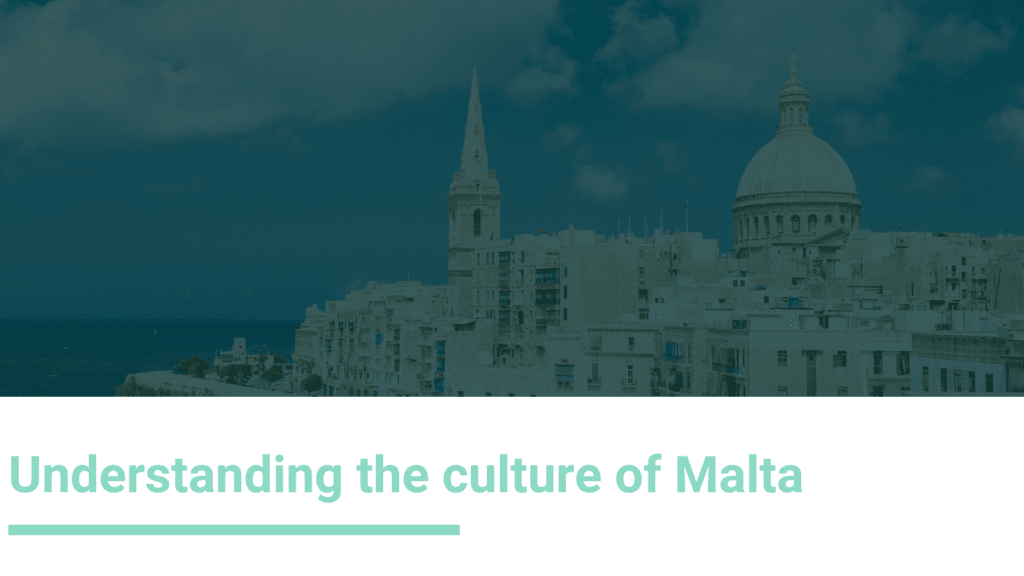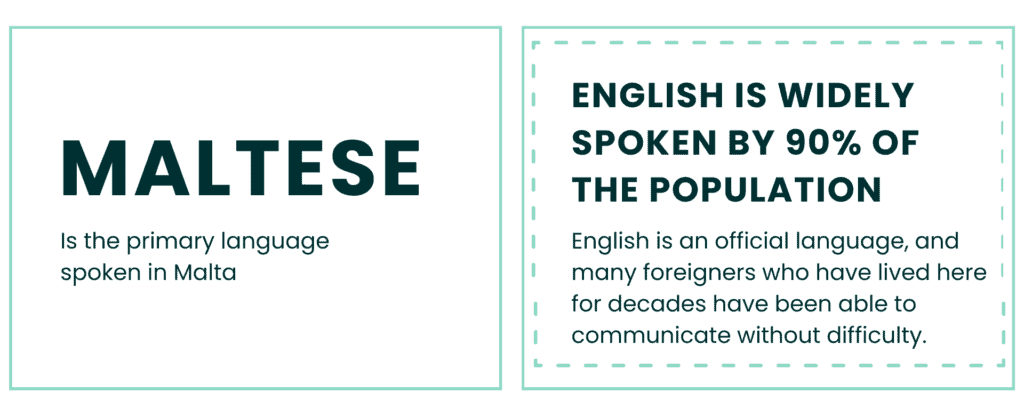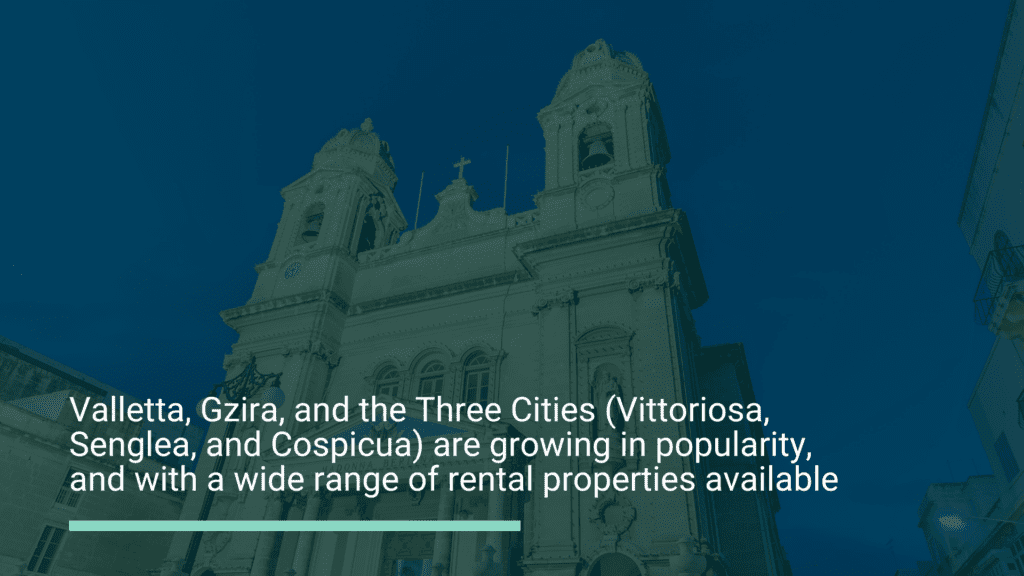Malta has become a popular destination for expats from all over the world in recent years, both for people relocating with their families and those looking to start a business. Moving to a new nation may be exciting as well as time-consuming. However, knowing what to expect is the key to making the most of it.
When visiting a different nation, especially if we are relocating there, we all face culture shock. Malta has a Mediterranean culture, and adjusting to a new pace of life might be difficult at times.
Most shops outside of Sliema and St Julian’s – the main tourist and foreign centres – open earlier in the day (6-7 a.m. for newsagents, grocers, and greengrocers; or 8.30 a.m. for cafés, offices, clothes stores, and so on) and close between 1-4 p.m
Furthermore, true to their Mediterranean heritage, the residents are generally louder than most Northern Europeans, but they are also quite welcoming and helpful, and will welcome you with open arms. Politics, current events, religion, sports, and general weather banter are all topics that they discuss.
Malta also has an incredible 14 official holidays, eight of which are liturgical feast days for notable saints. While some international corporations choose to work on the majority of these, many Maltese people use the time off to spend time with their families and friends, go shopping, or go to the beach.
While Maltese is the primary language spoken in Malta, English is also an official language, and many foreigners who have lived here for decades have been able to communicate without difficulty. In fact, English is widely spoken by 90% of the population. However, it is a good idea to learn a few basic phrases to help you get by.
Getting an eResidence Card
Foreigners must apply for an eResidence Card in order to reside and work in Malta. This is a new type of documentation that covers all types of resident status for all non-Maltese nationals working or living in Malta, including those who are registered through the Inland Revenue Department’s programs. This card essentially displays your immigration status as a foreigner living in Malta and can also be used as legal identification to apply for specific services and in the event of an emergency.
Setting Up Home
With so many cities and villages to select from throughout the Maltese Islands, it can be difficult to decide where to call home. Foreigners choose places like St Julian’s, Sliema, and Swieqi because they have all the services they need, including entertainment and shops that stay up late. This is mainly attributable to the fact that the bulk of offices are only a few square meters in size. Living in Special Designated Areas (SDAs) is an option. The SDA consists primarily of condominium buildings that include both rental and for-sale apartments. Due to great demand, rental availability may be limited at times.
Nonetheless, Valletta, Gzira, and the Three Cities (Vittoriosa, Senglea, and Cospicua) are growing in popularity, and with a wide range of rental properties available – including apartments, townhouses, character houses, and even palazzos – many people are flocking to these areas. There are also various restaurants in Malta that serve a variety of cuisines; the more affordable bistros are nevertheless of great quality, and if you’re searching for medium to fine dining, there are plenty of options on both Malta and Gozo’s islands. The main centres are at St. Julian’s, Sliema, St. Paul’s Bay, Marsascala, and Marsaxlokk bay districts. Look for stickers from Trip Advisor to Restaurants. There are also a lot of websites that may help you with many additional queries you might have about relocating to Malta.
What’s the finest part about it all? You can also take advantage of the attractions that attract over a million tourists to Malta by going to the beach, exploring the history, or simply going for a walk and taking in all of Malta’s Mediterranean grandeur while you’re here.
Disclaimer: The above-mentioned article is simply based on independent research carried out by Dr. Werner and Partner and cannot constitute any form of legal advice. Furthermore, the article only includes extracts from the proposed directive and cannot be interpreted or constructed as a full and comprehensive analysis of all salient rules & provisions. If you would like to meet up with any of our representatives to seek further information, please contact us for an appointment.


